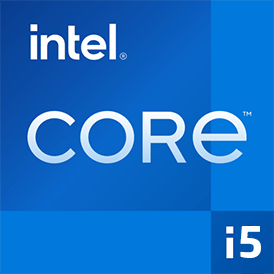Comparison of MSI Radeon RX 6800 Gaming Trio 16G video card vs Gainward GeForce GTX 1080 Ti Phoenix GS video card by specs and benchmarks. MSI Radeon RX 6800 Gaming Trio 16G runs at 1.700 GHz base clock speed and has 16 GB of GDDR6 memory, while video card Gainward GeForce GTX 1080 Ti Phoenix GS runs at 1.700 GHz base clock speed and has 11 GB of GDDR5X memory. The weight is different, 1521 g vs --. The TDP of the first video card is 250 W, and the second is 250 W . Compare the benchmark results to find out which video card is better.


 Russian
Russian  Germany
Germany  Portuguese
Portuguese  Italian
Italian  French
French  Japan
Japan  Spanish
Spanish  Polish
Polish  Chinese
Chinese 



